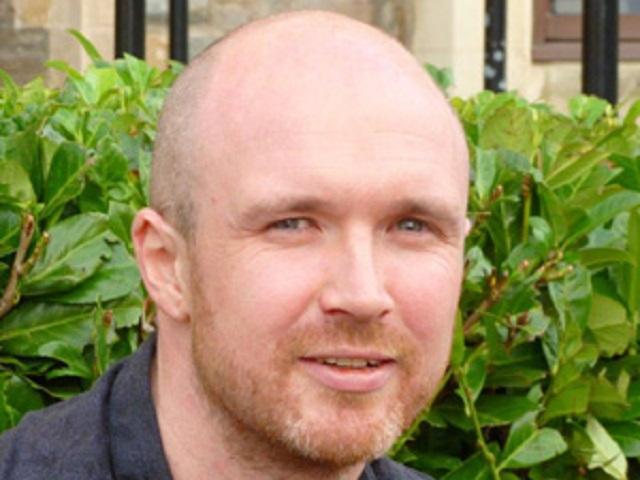
Faculty webinar -Overview of the MRC guidance for complex interventions and process evaluations with Professor Graham Moore
Professor Graham Moore focussed primarily on the MRC guidance for process evaluation published in 2015, whose authorship was led from DECIPHer in Cardiff University. He reflected on developments since the publication of this guidance and located it in the broader family of MRC guidance.
The UK Medical Research Council first issued guidance for the evaluation of ‘complex interventions’ (i.e. those with multiple interacting components) in 2000. This has been updated twice, with newer guidance published in 2008, and the most recent guidance in 2021.
The evolution of this guidance reflects a range of developments in thinking around i) what makes ‘complex interventions‘ complex, ii) the most important questions for evaluators to ask of any new or existing intervention, and iii) the most appropriate methods to address core uncertainties.
A number of major changes from the first to the second iteration of this guidance included movement away from a sole focus on randomised trials, and increased recognition that simply asking ‘does it work’ is often not sufficient when faced with complex interventions, for which it can be hard to define exactly what the intervention is in practice. In particular, the guidance signalled a role for process evaluation in understanding how interventions are implemented in practice, their mechanisms of action, and contextual contingencies. It did not however provide detail on how to do process evaluation. Separate work was commissioned to address this gap and develop guidance specifically for process evaluation.
The webinar was led by Professor Graham Moore, he is a Health and Care Research Wales Senior Research Leader and a professor in the School of Social Sciences, with roles across a range of research investments and infrastructures, including the Centre for Development Evaluation Complexity and Implementation in Public Health Improvement (DECIPHer) funded by Health and Care Research Wales.
To hear about future webinars, sign up to the bulletin